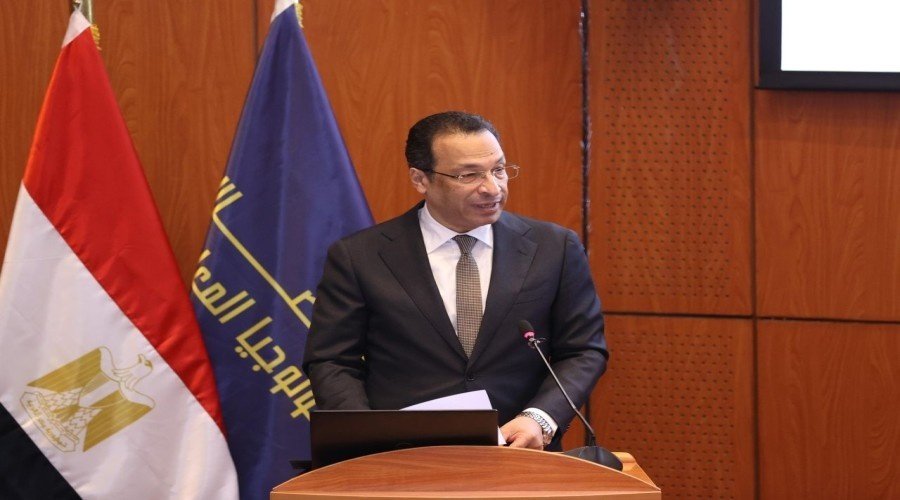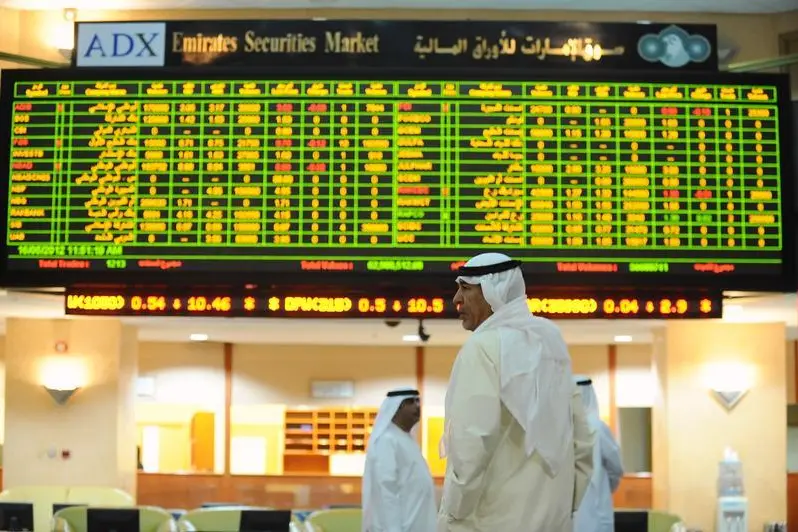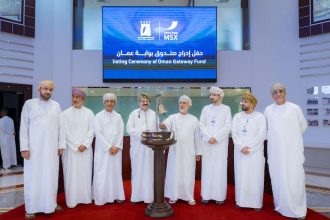Egypt’s Financial Regulatory Authority (FRA) has unveiled a pioneering initiative to create new pathways for startups to access public markets, aiming to connect the country’s burgeoning entrepreneurial ecosystem with sustainable, long-term funding. In a keynote address at Egypt Innovation Week, FRA Chairman Dr. Mohamed Farid announced the development of an innovative, Egyptian-tailored model for Special Purpose Acquisition Companies (SPACs) designed to significantly lower the barrier for startups seeking to go public.
A Regulatory Vision Driven by Entrepreneurial Spirit
Speaking at a panel titled “From Start-up to Stock Exchange: New Paths for Growth and Investment,” Dr. Farid emphasized that the FRA’s motivation extends beyond economic indicators. He stated that the “enthusiasm and determination” he witnesses in young entrepreneurs is a primary driver for the authority’s continuous efforts to evolve legislation and financial instruments. This signals a strategic shift towards a more collaborative and enabling regulatory posture, positioning the FRA as a key partner in building Egypt’s new, knowledge-based economy. The authority’s goal is to foster a supportive environment that empowers founders to transform innovative ideas into successful ventures that contribute to a better future for Egypt.
Rethinking The Path to Public Markets
Dr. Farid acknowledged that a crucial component of any mature startup ecosystem is a clear and accessible mechanism for exits and public listings. He detailed the current landscape, highlighting the challenges startups face with the traditional Initial Public Offering (IPO) process. The main market of the Egyptian Exchange (EGX) has high requirements, including large business volumes and capital reaching hundreds of millions of pounds, making it suitable only for large, established corporations.
While the SME market was designed as a more accessible alternative for companies in their early growth stages, attracting significant investor capital remains a challenge, often requiring startups to demonstrate exceptionally high growth rates of 30%, 40%, or even 100%. This gap in the market has created a need for a new, more flexible instrument to bridge startups from private funding to the public capital markets.
Introducing Egypt’s SPAC Hybrid Model
In a landmark move, the FRA has officially approved the establishment of the first venture capital company with an acquisition purpose (SPAC) under Resolution No. 2323 of 2024. Dr. Farid revealed that this is not a simple adoption of the global SPAC model but an innovative adaptation with an “Egyptian flavor” to suit the specific needs of the local market.
This new model merges the philosophy of venture capital (VC) funds with the mechanism of a public offering. Instead of a blank-check company acquiring a single private entity, this framework allows for the creation of a portfolio of promising startups, which is then listed collectively on the stock exchange. This approach effectively creates a publicly-traded vehicle that holds a curated selection of high-potential, early-stage companies, opening a vital new funding channel for the fintech and non-banking financial services sectors.
Benefits for Startups and Investors
The hybrid SPAC model is designed to create a win-win scenario for both entrepreneurs and investors. For startups, particularly smaller ones that would find it difficult to pursue a standalone IPO, this collective listing provides a fair and streamlined opportunity to access long-term public financing. It removes much of the individual complexity and cost associated with a traditional listing process.
For investors, the model offers a unique and attractive proposition. It provides access to the high-growth potential of the startup sector through a diversified, publicly-traded instrument. This structure inherently mitigates the high risk typically associated with investing in a single early-stage venture, while offering the potential for significant returns as the portfolio companies mature.
Building an Integrated and Trusted Ecosystem
Dr. Farid stressed that the success of innovative tools like the new SPAC model depends on a robust and integrated ecosystem. He affirmed that the real challenge lies not merely in inventing new instruments, but in building a complete system founded on a sophisticated legislative structure, sound governance practices, and full financial transparency. The FRA is continuously working to update its regulations to allow for financial innovation without compromising market stability or investor confidence. This holistic approach, which balances investor protection with enabling startup growth, is central to the authority’s strategy to cement Egypt’s position as a regional and global hub for entrepreneurship.
About The Financial Regulatory Authority (FRA)
The Financial Regulatory Authority (FRA) is the primary regulator of the non-banking financial services industry in Egypt. Its mandate includes supervising the capital markets, the insurance sector, mortgage finance, financial leasing, factoring, and microfinance. The FRA is responsible for ensuring market stability, fostering a fair and transparent investment environment, and protecting the rights of all stakeholders.
Source: Mubasher














